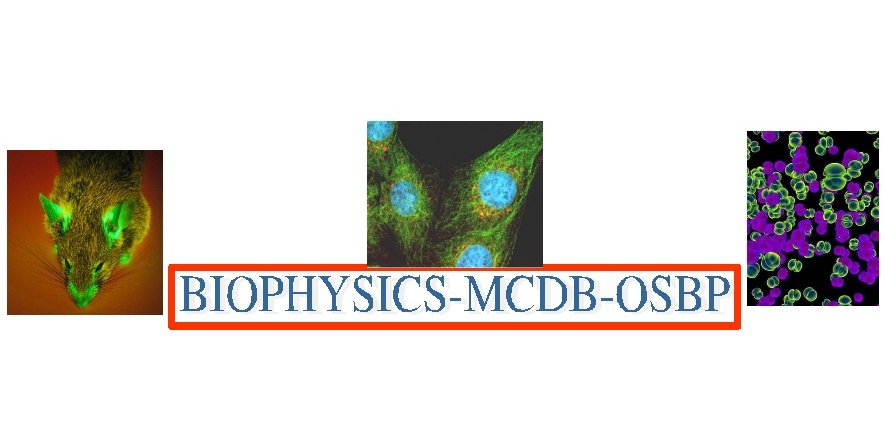Interdisciplinary Graduate Programs Symposium

2010 OSU Molecular Life Sciences
Interdisciplinary Graduate Programs Symposium

Poster abstracts
Abstract:
Cachexia is a debilitating syndrome which is characterized by skeletal muscle wasting and contributes to one third of cancer-related mortalities. To date cachexia is poorly understood with respect to the exact mechanism by which this disease state is initiated and established. Previously we demonstrated that alterations to sarcolemma serve as a key early event in cachexia which triggers signals to induce muscle wasting. Here we reveal that muscle membrane damage leads to increases in activated and proliferative Pax7+/CD34+ cells which by FACS were confirmed as satellite cells. We further show that these cells progress through the myogenic program once removed from the tumor environment. Accordingly, we find that tumor factors are capable of compromising the regenerative capacity of skeletal muscle. This impairment of regeneration is associated with persistent Pax7 expression in both tumor mice and pancreatic cancer patients. Since pax7 inhibits myogenesis, we speculated that deregulated levels of Pax7 might contribute to cachexia by impairing muscle regeneration. Consistent with this notion, reduction of Pax7 rescued muscle wasting in tumor bearing mice. Together, these data suggest that impaired regeneration due to satellite cell deregulation is a contributing factor of muscle wasting in cancer cachexia.
Keywords: cancer cachexia, satellite cells, muscle regeneration